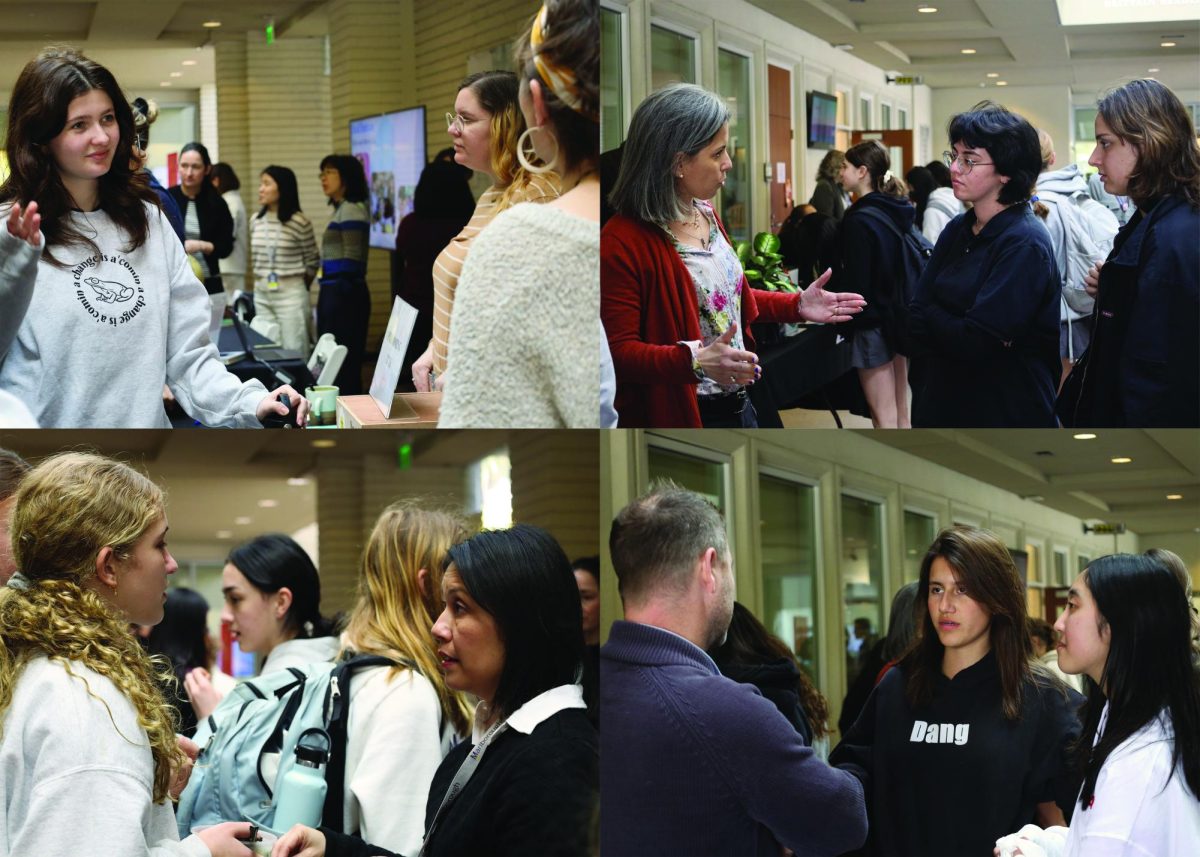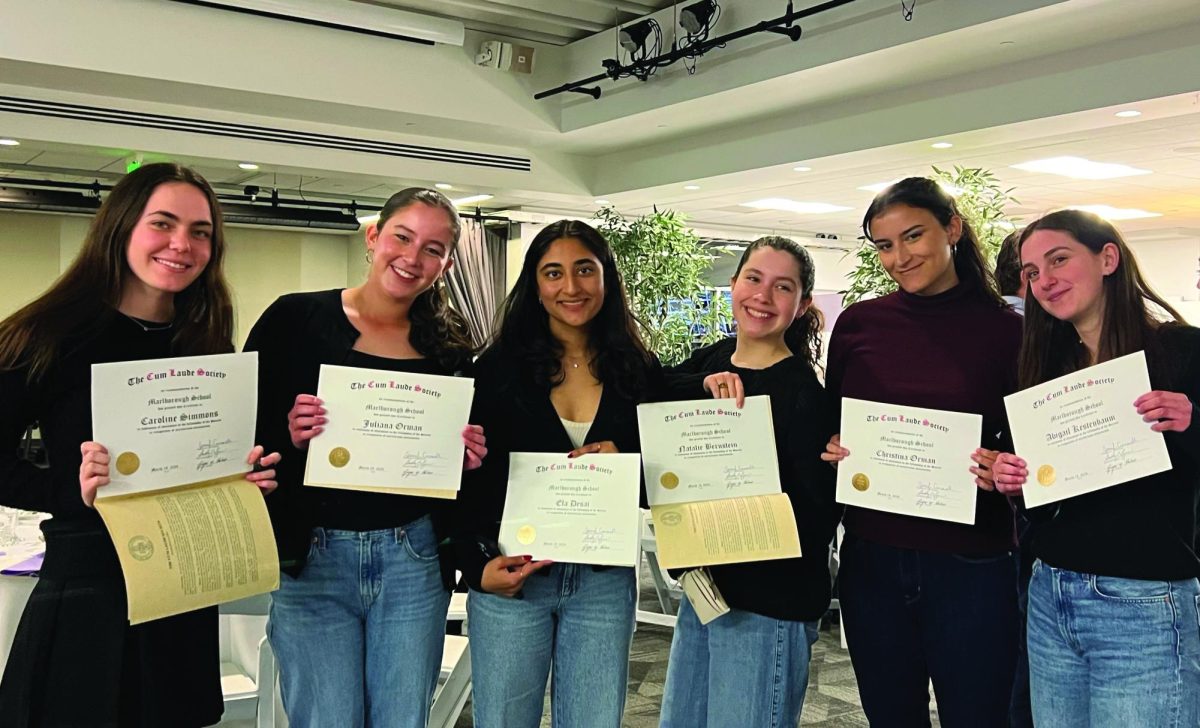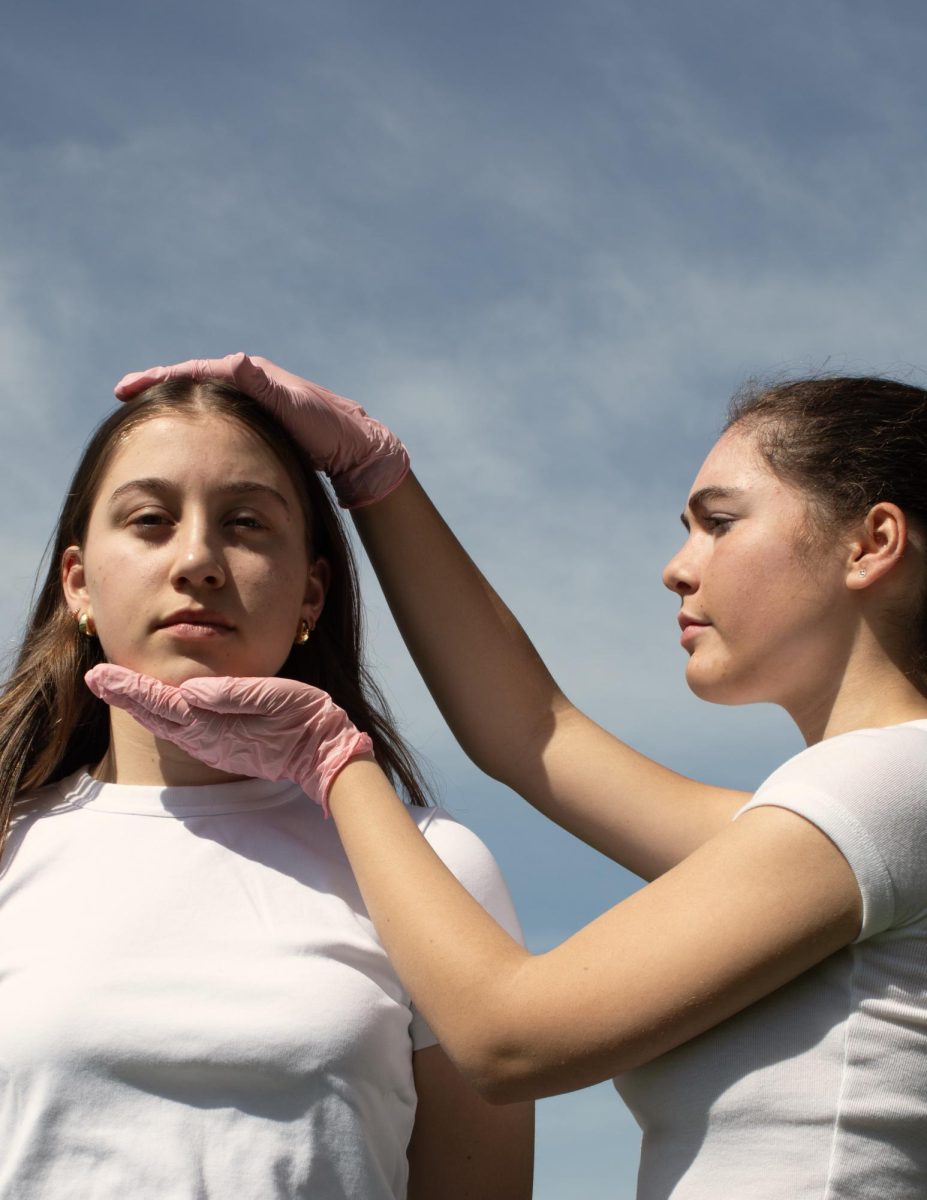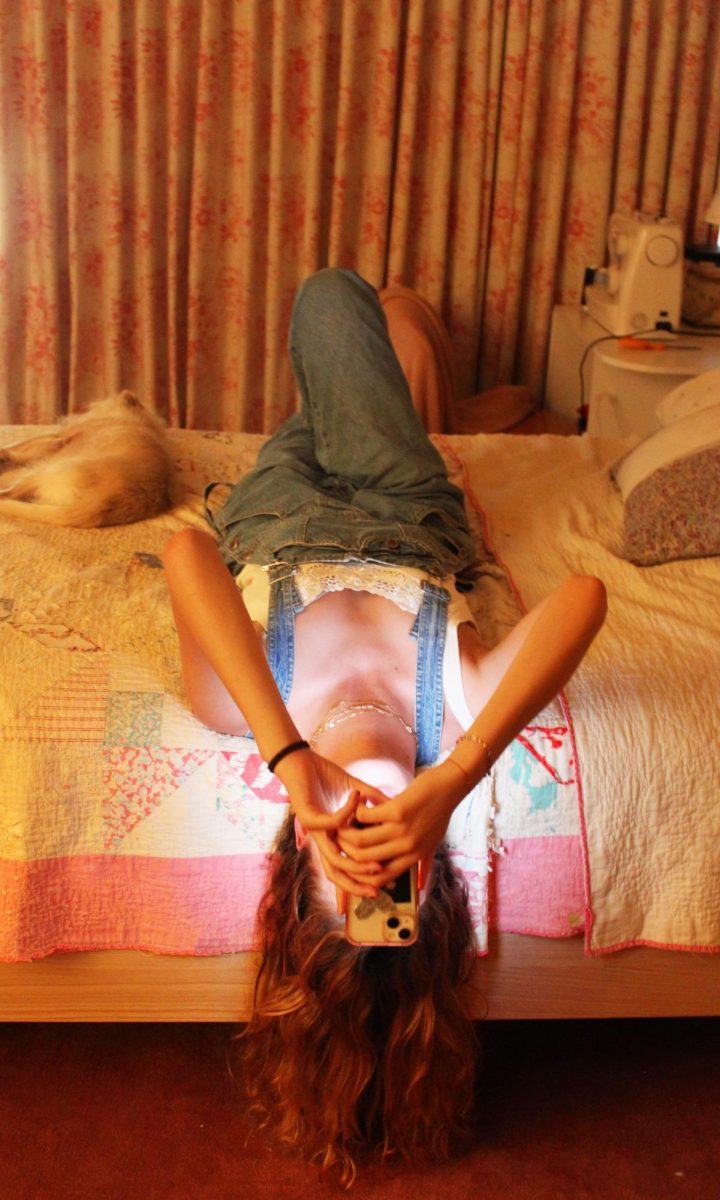
By: Natalie ’16, Nina ’16 and Maya ’14
For many months, Lauren ’15 said her body made her uncomfortable because her “boobs were too big.” Her figure hindered her self-esteem, her wardrobe, and her ability to exercise. Following a suggestion from her mom, she resolved to have a breast reduction. Over the most recent winter break, Lauren underwent plastic surgery the day after her last midterm exam.
Lauren’s decision to receive a cosmetic operation is not uncommon among American teens. According to the American Society for Aesthetic Plastic Surgery, minors under the age of 18 underwent 130,502 plastic surgery procedures in 2012. Among girls, otoplasty (cosmetic ear surgery), rhinoplasty (nose reshaping) and breast augmentation are the three most common procedures.
The ratio of teen plastic surgery patients to adult plastic surgery patients has decreased over the past ten years. In 2002, minors underwent 220,077 procedures, representing 3.2% of total procedures, whereas procedures on minors in 2012 corresponded to only 1.3% of total procedures.
Members of the Marlborough community claim to notice a decrease in plastic surgery that reflects the national trend. Out of the current students who were interviewed, only Lauren professed to having undergone a cosmetic procedure, although many girls said that they have considered surgery after graduation.
As cosmetic operations on minors become less frequent, however, plastic surgery among current Marlborough girls prompts discussion and often judgment in the School community.
Many Marlborough girls said they feel pressure to receive surgeries in order to conform to standards of beauty; others speculated that pressure from the media and living in Los Angeles heightens the desire for procedures.
In a community like Marlborough that values female empowerment and diversity, why do students’ reactions to plastic surgery run the gamut from support for a girl’s confidence to accusations of superficial concern with appearance?
WHY GET SURGERY?
Several Marlborough teachers and students said they believe that an individual’s motivation for wanting plastic surgery can stem from her desire to improve her self-esteem, from peers’ degrading judgments or from society’s pressure to meet standards of perfection perpetuated by the media.
After her mom’s suggestion, Lauren said that she was enthusiastic about the surgery because she no longer wanted discomfort with her body to diminish her self-assurance.
“I had to wear sports bras every day, and I hate them. It just sucked…I felt gross, and that’s not how we should be feeling about ourselves,” Lauren said.
Some girls shared that they have considered getting plastic surgery in the future. Kate ’14 said that, when she is older, she plans to undergo an operation to boost her confidence.
“I want to get a boob job. It’s something that is important to me. I want to wear a strapless wedding gown,” she said.
Andrew Cohen, Clinical Chief of Plastic Surgery at Cedars Sinai Medical Center, said that his patients’ self-assurance improves after their operations.
“If someone has a bigger nose, and they’re really bothered by it in the mirror, once you do that surgery, and they see a new person, it really changes everything,” Cohen said.
Many students expressed sympathy with the notion of receiving plastic surgery to eliminate self-doubt.
Abby ’16 said that she supports some girls’ choice to alter their features if anxiety about their appearance compromises their self-respect.
“If you wake up being upset every day about how you look, then I think you should do [the desired procedure]. But do it for yourself. Don’t do it for anyone else,” she said.
Some students and teachers, however, said that they suspect that surgeries are often prompted by a focus on others’ judgments. Lauren noted that gossip about her figure contributed to her decision to have surgery.
“I was really uncomfortable with [my body], and it brought me a lot of shame because my friends, I don’t think purposefully…would tell other people how big my boobs were, to guys, and it just made me so uncomfortable,” she said.
Cohen said that, before their surgeries, many of his patients are victims of teasing. He pointed to his recent operation on a patient.
“Now she’s really happy. Nobody’s making fun of her anymore,” he said.
CONSIDERING RACE
Some students believe that the desire for cosmetic surgery has evolved along racial, cultural and socioeconomic lines, recently gaining popularity among non-white segments of the population.
Some say that the desire for plastic surgery can be attributed to the media’s depiction of beauty, which favors and emphasizes Caucasian characteristics such as big eyes and pale skin. Jenny ’15 said that non-white students might aspire to change their features in order to fit this definition of beauty.
“You hear people talking about Emma Watson, or Keira Knightley, or Jessica Alba, you know, people who are more like that. You don’t hear much about African-Americans or Asians or any other minority race,” Jenny explained.
Several Marlborough students said that family members sometimes encourage cosmetic procedures.
“It’s sort of a given…my grandma expects me to get plastic surgery for my eyes,” Julianne ’14 said.
Many girls, such as Audrey ’14, cited the effects of racism as another possible motivation for wanting an operation.
“In middle school I was the only Asian girl in the class, and everyone made fun of me. That would make you want to change yourself more to conform to the race around you. I got stereotyped a lot,” Audrey explained.
Additionally, socioeconomic status plays a role in people’s desire for cosmetic procedures, which are typically not covered by health insurance and can be quite costly. The average cost of a nose job, for example, is $4,000, according to the Cosmetic Surgery National Data Bank Statistics for 2012.
Some girls claim that Marlborough students seem comfortable discussing plastic surgery because many Marlborough families can afford such procedures.
“I think that people who go to Marlborough tend to have the resources to get plastic surgery if they wanted it, so I think it kind of makes it more common among girls at this school,” Sarah ’16 said.
TO JUDGE OR NOT TO JUDGE?
Going under the knife while in high school can attract attention and elicit judgment. Girls who have undergone plastic surgery can face negative assumptions from peers who tend to generalize and misconstrue the motivations of young people who seek cosmetic procedures.
Several Marlborough students said they believed that rumors would buzz wildly if a student were to get noticeable plastic surgery.
“I think that [Marlborough students] won’t get [surgery] while they’re in high school because they’re judged,” Ashley ’14 said.
Jane* agreed. Although she never had a cosmetic procedure, Jane said that after she received a medical procedure to improve her breathing at night, gossip circulated at School that she had had a nose job.
“A lot of people didn’t ask me [whether I had gotten surgery] and just spread fake rumors about me, which was really mean,” she said.
Assistant Head of School and Head of Upper School Laura Hotchkiss ’86 said that the School is prepared to help any Marlborough student who feels judged or bullied.
“Let’s say a group of girls was gossiping about a student…who did or didn’t have plastic surgery…there probably would be some kind of conversation about that,” she said.
Hotchkiss added that no gossip-related issues regarding plastic surgery have been brought to the School’s attention.
Nevertheless, as shown by Jane’s case, negative rumors about plastic surgery do sometimes circulate. Lauren said she had been aware that others might spread rumors, but that the possibility did not deter her from getting her surgery.
“I was concerned about certain people because I feel like there are some people who are just really mean at this school, and they do it out of their own lack of self-worth,” she said.
Judgments concerning students who have received plastic surgery are often class-related.
“[Girls would] see [getting surgery] as like maybe a little bit bratty, like ‘I can’t believe that their parents would pay for that,’” Abby said.
While many students claim that they themselves would never have plastic surgery, they said that they believe the choice to do so is up to each individual.
“Personally I would never do it just because [of] personal opinions and also I’m terrified…but I feel like if somebody just did it for themselves, like, that’s their business,” Jenny said.












